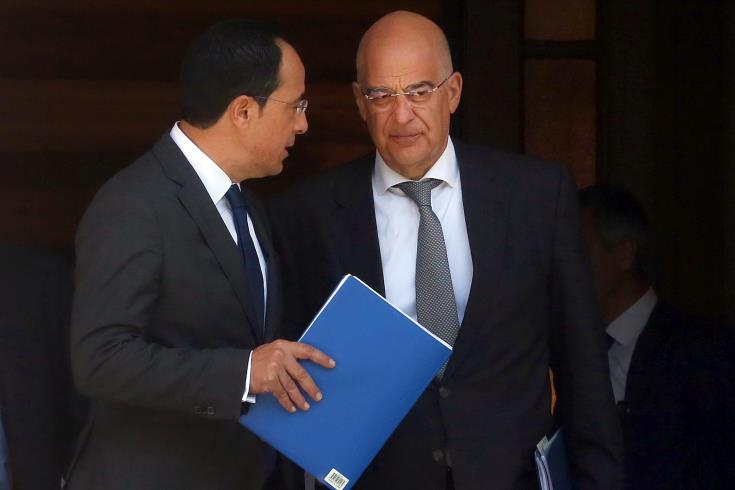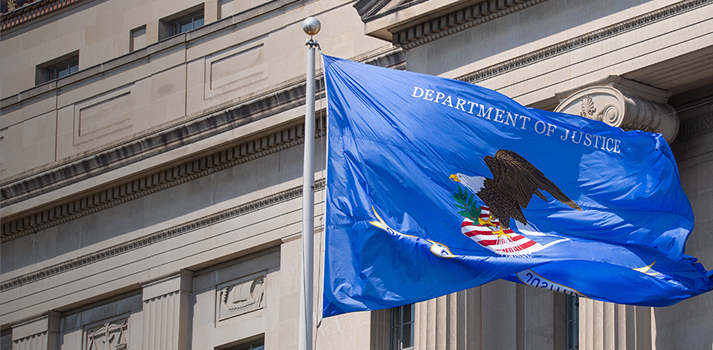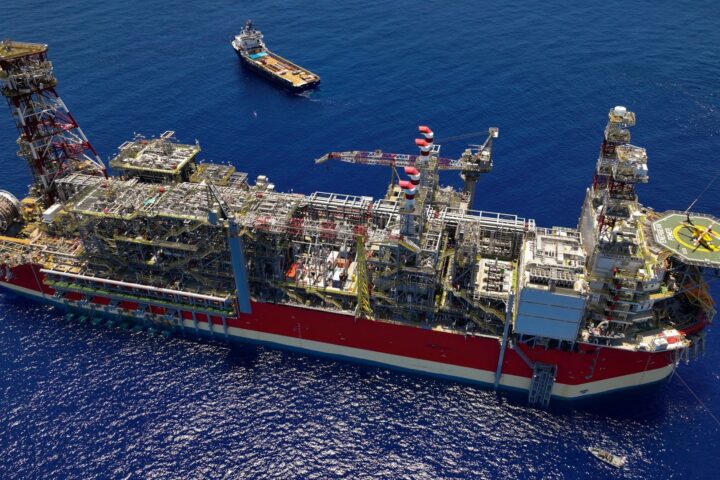European Union sanctions on Belarus are being delayed by a separate dispute between Cyprus and Turkey over energy resources in the Eastern Mediterranean, four EU diplomats told Reuters.
EU foreign ministers gave their political approval for sanctions on senior Belarus officials at a meeting in Berlin late last month over the August 9 elections that the West say was rigged, in a bid to show support for pro-democracy protesters.
A Cypriot diplomatic source told Reuters that Nicosia supported the sanctions but has requested time to study the planned EU travel bans and asset freezes because, as one of the EU’s smallest states, the island does not have the organisational capacity to review them quickly.
“We categorically deny blocking and linking the two procedures,” the diplomatic source said of the Belarus and Turkey issues.
EU foreign policy requires consensus among its 27 members.
However, many EU states feel Cyprus’ request, called a “study reserve” in diplomatic parlance, is a bid to coerce the other 26 states to agree similar punitive measures on Turkey.
Turkey began drilling for oil and gas near Cyprus last year despite warnings from Brussels, amid broader fears of a military escalation in the Eastern Mediterranean as NATO allies Greece and Turkey hold naval drills in the area.
Cyprus’ proposal in June to impose sanctions on more Turkish companies and individuals has not been approved as many EU states, including Germany, want to defuse the Turkey stand-off through dialogue.
With as many as 40 Belarus senior officials identified for possible sanctions and the country a month into mass demonstrations against the outcome of the election, some diplomats are furious the EU has been unable to respond.
“There’s a great deal of frustration,” said a senior EU diplomat involved in decision-making, although another diplomat described Cyprus as “desperate” and not ill-intentioned.
French President Emmanuel Macron is hosting the Cypriot and Greek leaders in Corsica on Thursday and a breakthrough could still come at an EU foreign ministers meeting on September 21 or at a leaders summit in Brussels on September 24-25.
But the dispute with Cyprus adds to questions about the EU’s foreign policy credibility, the diplomats said.
The EU, which was once able to boast of a soft power that helped transform communist neighbours into market economies, is struggling to assert influence, at odds with U.S. President Donald Trump’s “America First” policies. (source Reuters)










